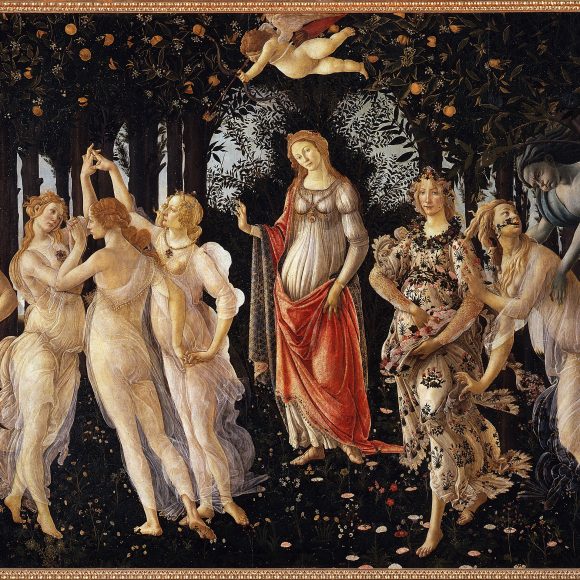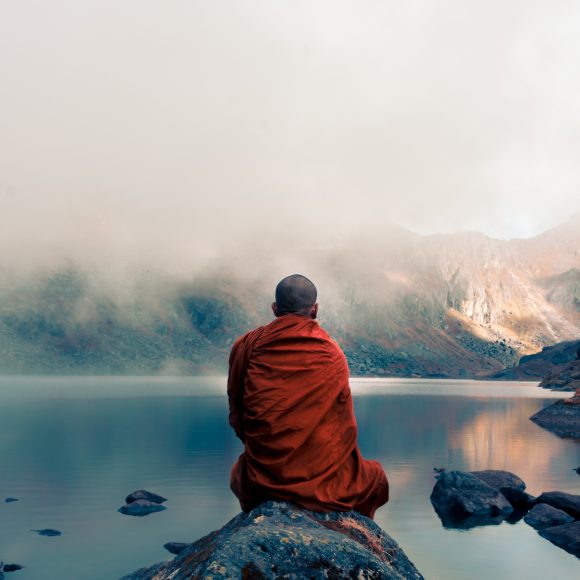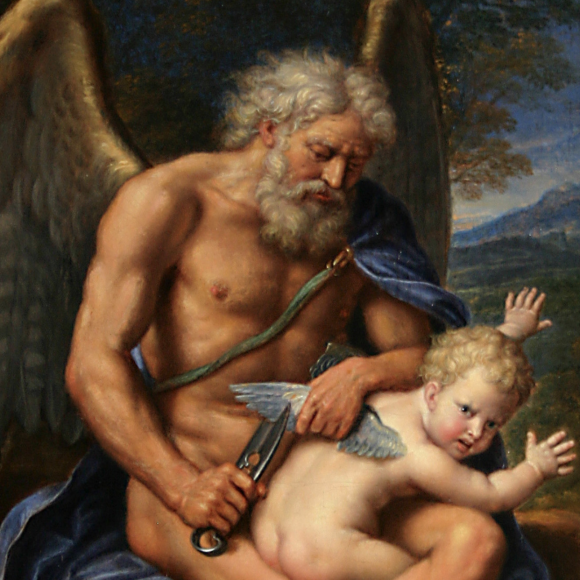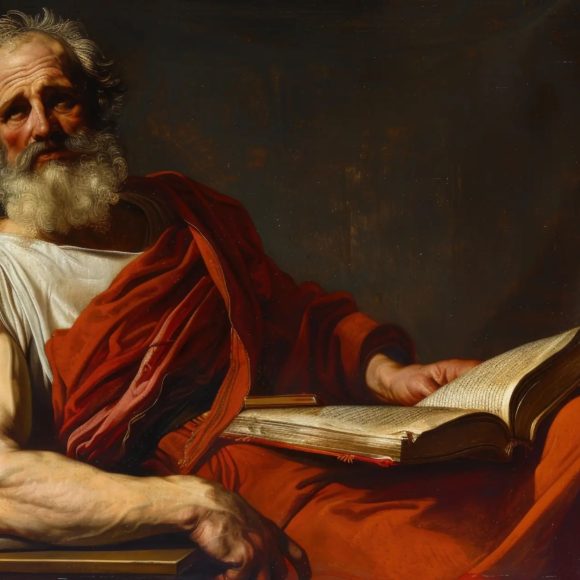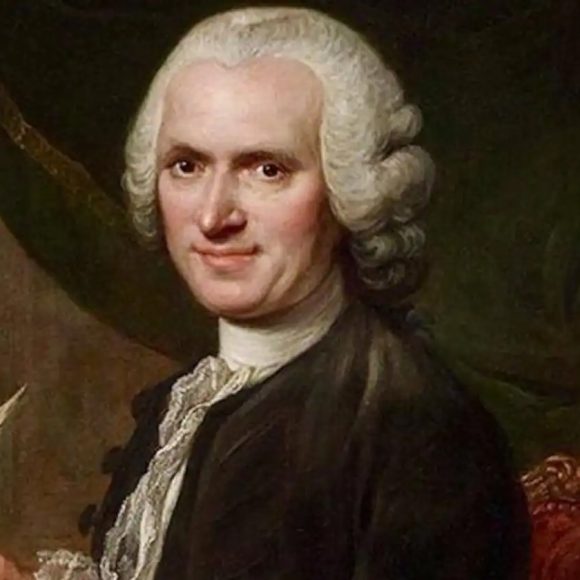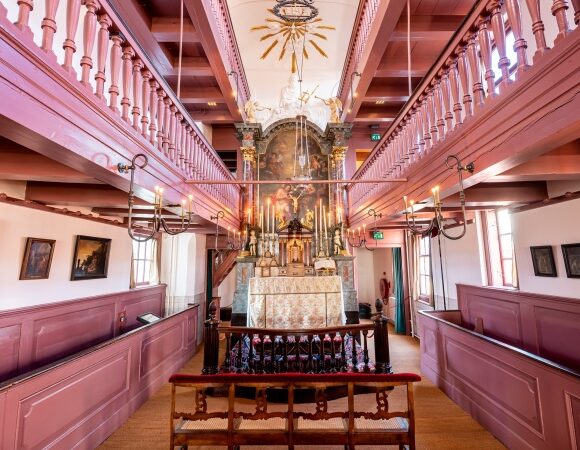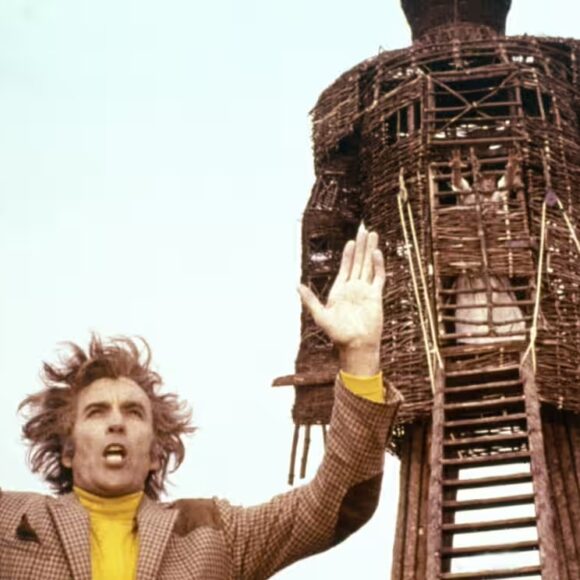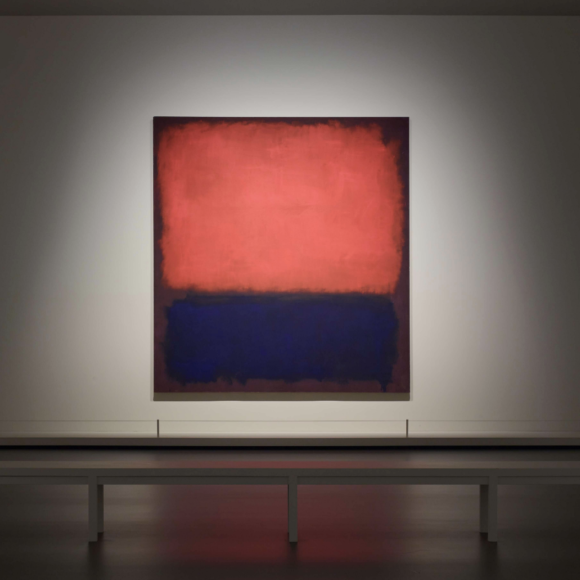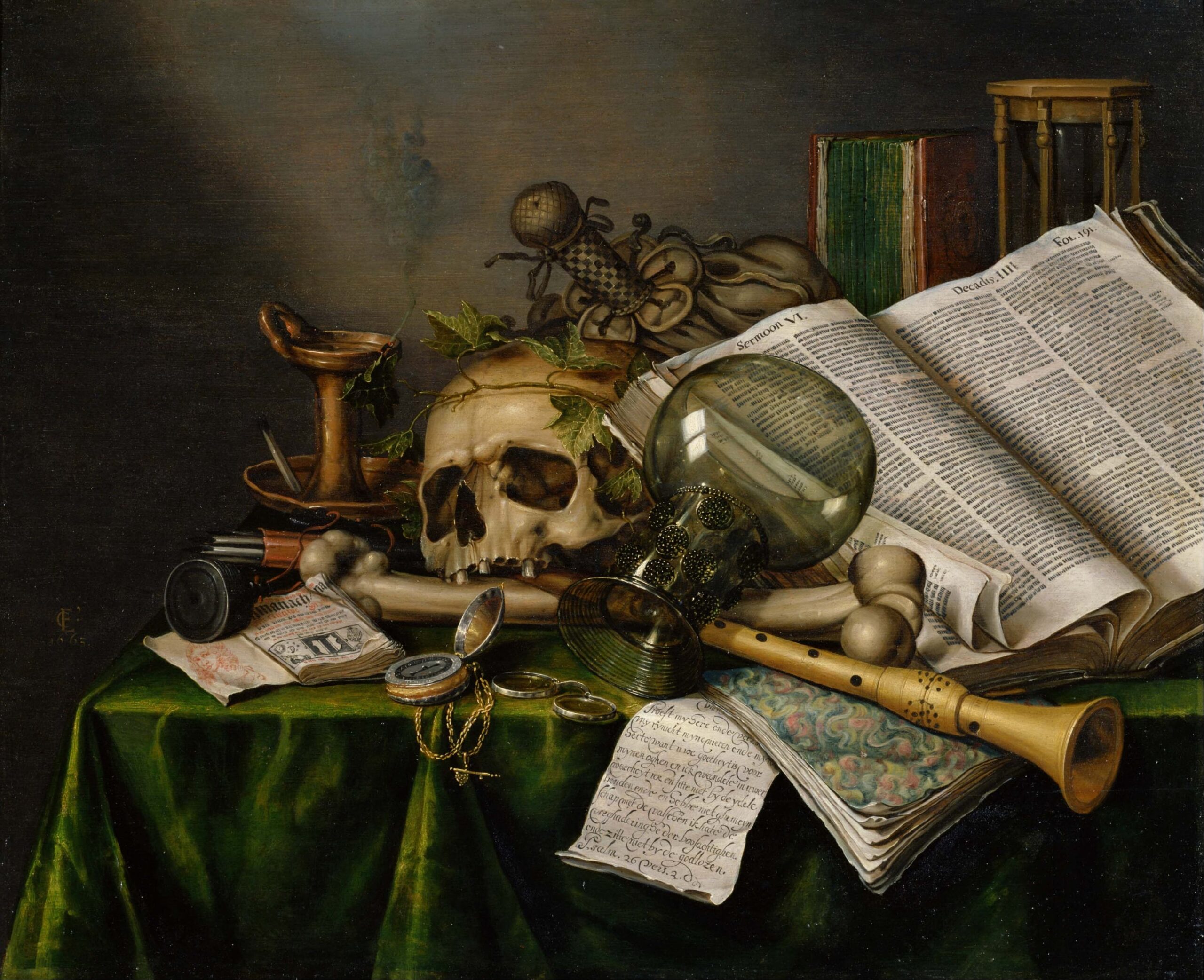Join us for an illuminating talk that delves into the philosophy of Neoplatonism which had a profound influence on the art and culture of Renaissance.
Project Category: Philosophy and Spirituality Events
Time: Creating a Meaningful Life and a Peaceful Death from Buddhist Perspective
This talk will discuss profound perspectives on understanding the value of our lives, recognising their impermanence, and exploring why the study of the dying process is central to Himalayan Buddhism.
From Eternity to Infinity: God and the Mystery of Time
This talk examines relationship between God and time, and the implications of these concepts for our understanding of the universe and our place within it.
Aristotle on Virtue and Vice
In this lecture, we will delve into Aristotle's idea of harmonious balance between opposing vices applies to modern ethical discussions.
Redefining Childhood in 18th-century art
In this lecture, we will discuss the transformative impact of philosopher Jean-Jacques Rousseau's ideas on the portrayal of children in art during the 18th century.
Amsterdam’s Our Lord in the Attic Museum: Former Hidden Church
This talk will introduce 'Our Lord in the Attic' museum, the position of the Catholics during the ‘Golden Age of the Netherlands’, famous Catholic artists and so called Dutch tolerance and liberalism.
Pleasure and Pain in Cult Cinema – A Case Study in ‘The Wicker Man’
Drawing on footage shot for the upcoming documentary Children of The Wicker Man, this talk will consider the ways in which audiences and fans of the film have spent the past fifty years trying to understand every aspect of how this remarkable film came into being.
Religion & Spirituality in Contemporary Art
During this talk, looking at a selection of artists working across different mediums, we will explore how religion and spirituality have been addressed by contemporary artists between the 1950s and today.
Vanitas: a matter of life and death
This talk will look at the theme of ‘vanitas’ (the emptiness of the material world and the presence of death) in the history of art to better understand how past cultures have thought about the impermanence of life and how this type of thinking leads to a greater understanding of a life worth living.
What do we owe to future generations?
The choices and actions of the current generation will reverberate through the lives of future generations. Should we factor future generations into our decision-making? If so, how should we go about this? What is it that we owe them?

